INDUSTRY LINKS CASE STUDY
Creating work-ready plus graduates
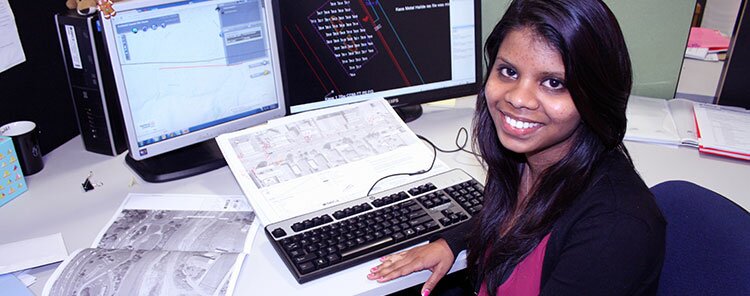
Engineering employers trialled a Professional and Graduate Capability Framework at a recent Engineering E2E workshop in Wellington. Using the framework as a basis for discussion, they considered the capabilities valued by their industries and the engineering sector. They then looked at how to create graduates who are ‘work-ready plus’ to meet the challenges of not only today but also tomorrow.
Competence and capabilities
Emeritus Professor Geoff Scott, of the University of Western Sydney, facilitated the workshop. He discussed the increased international focus on the need for graduates with particular personal, interpersonal and cognitive capabilities as well as generic and role-specific competencies (skills and knowledge).
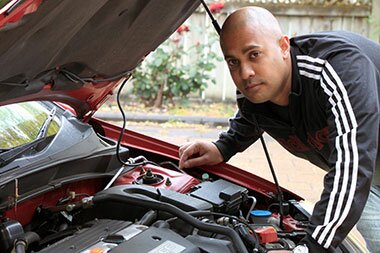 It is important, he said, to distinguish between the terms ‘capability’ and ‘competence’, as they are often used interchangeably but incorrectly. Competence is about delivering specific tasks in relatively predictable circumstances, while capability is more about responsiveness, creativity, and contingent thinking (dealing with the particular circumstances, context or chance events that can affect a project).
It is important, he said, to distinguish between the terms ‘capability’ and ‘competence’, as they are often used interchangeably but incorrectly. Competence is about delivering specific tasks in relatively predictable circumstances, while capability is more about responsiveness, creativity, and contingent thinking (dealing with the particular circumstances, context or chance events that can affect a project).
Professor Scott said that the most effective performers are distinguished by their capability, in particular their ‘emotional intelligence’. These people have the ability to:
- Work with, and figure out what is going on in, troubling situations
- Determine which of the hundreds of problems and unexpected situations they encounter are worth attending to and which are not
- Identify and trace out the consequences of potential solutions.
He noted that while competencies are often split into distinct skills, capabilities are more integrated, creative and fluid.
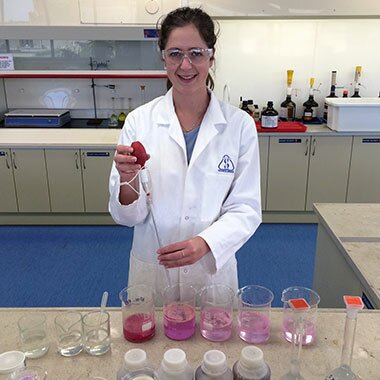 Professor Scott emphasised that “capabilities are learnable”, especially if we ‘flip the curriculum’ – starting with the capabilities that successful early-career engineers have reported to be most important, then making sure these underpin programme outcomes. We can then ‘backward map’ to make sure we have systematically addressed and assessed each of these desired graduate outcomes in our units of study in a scaffolded way. He noted that problem-based and dilemma-based learning and assessment, along with real-world cases and practicums, are proving to be powerful ways in which these key capabilities can be both learnt and assessed.
Professor Scott emphasised that “capabilities are learnable”, especially if we ‘flip the curriculum’ – starting with the capabilities that successful early-career engineers have reported to be most important, then making sure these underpin programme outcomes. We can then ‘backward map’ to make sure we have systematically addressed and assessed each of these desired graduate outcomes in our units of study in a scaffolded way. He noted that problem-based and dilemma-based learning and assessment, along with real-world cases and practicums, are proving to be powerful ways in which these key capabilities can be both learnt and assessed.
A Professional and Graduate Capability Framework
Professor Scott reported on a Professional and Graduate Capability Framework for educators and employers which has been built on studies of successful early-career employees in nine professions, including engineering, over the past decade. He noted that using such a comprehensive and validated framework is an ideal way in which to ensure feedback from employers is comprehensive and considered.
The framework is comprised of three dimensions and a number of subscales.
- Personal:
- Self-awareness
- Decisiveness
- Commitment
- Interpersonal:
- Influencing
- Empathising with others
- Cognitive:
- Diagnosis
- Strategy and flexibility
- Responsiveness
Engineering employers – their thoughts
The 30 CEs and senior managers attending the workshop came from the civil, construction, electrical, environmental, infrastructure, aeronautical, systems, clinical, manufacturing, mechanical, telecommunications and food engineering sectors, along with senior managers from IPENZ, Business NZ, the Tertiary Education Commission, the NZ Board of Engineering Diplomas, and Institutes of Technology and Polytechnics (ITPs).
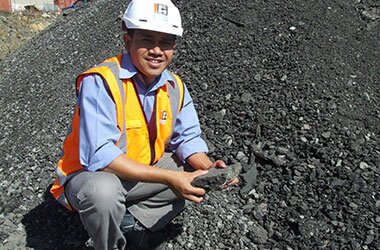 Geoff invited workshop participants to test the framework and identify the most important capabilities from their perspective. There was some interesting discussion around what was valued in people’s organisations and general agreement that these capabilities were important to the sector as a whole. Geoff noted that their comments aligned well with earlier work with employers using the same framework and the results of a study of successful early-career engineering graduates in Australia.
Geoff invited workshop participants to test the framework and identify the most important capabilities from their perspective. There was some interesting discussion around what was valued in people’s organisations and general agreement that these capabilities were important to the sector as a whole. Geoff noted that their comments aligned well with earlier work with employers using the same framework and the results of a study of successful early-career engineering graduates in Australia.
See below for the list of capabilities identified by these employers.
In the feedback from the workshop there was widespread endorsement of the framework and a suggestion that the engineering graduate study based on the framework might usefully be replicated in the New Zealand context.
Future directions
To achieve the Government’s goal of 500+ engineering graduates by 2017 we need more students enrolling in engineering qualifications, which involves inspiring school students so that they want to study engineering. Geoff asked how people might showcase their respective organisations’ work to appeal to that market. Suggestions included highlighting: the rewards (interesting work, good pay, plenty of jobs, travel opportunities); the role of women in engineering; Māori involvement, especially in culturally sensitive construction; engineering for sustainability and protecting the environment; and fun activities, such as taking electric go carts into a school to discuss what’s involved in engineering.
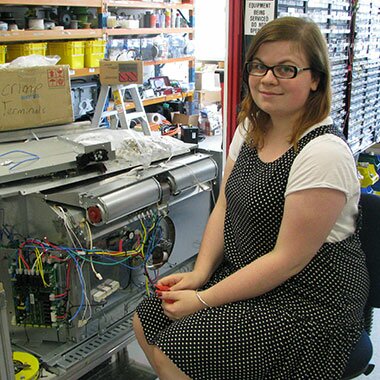 The group also discussed current and future changes which could affect the engineering sector. These included: a tighter regulatory environment; dealing with disruptive technologies; increased use of robotics and other rapidly-changing technologies such as 3D printing; changed vehicle propulsion systems; alternative energy; tackling global warming and inventing new sources of income via the blue economy – making money out of waste materials.
The group also discussed current and future changes which could affect the engineering sector. These included: a tighter regulatory environment; dealing with disruptive technologies; increased use of robotics and other rapidly-changing technologies such as 3D printing; changed vehicle propulsion systems; alternative energy; tackling global warming and inventing new sources of income via the blue economy – making money out of waste materials.
The workshop ended on a positive note, with people planning to use the Framework in their own companies and keen to see more action around incorporating capabilities into engineering education – this is something that will be picked up by the Engineering E2E programme. A full report will be available on the website in early July.
Thanks to Geoff for his time and advice. If you have any questions or comments, please get in touch:
Images courtesy of Futureintech: www.futureintech.org.nz
Key capabilities identified by employers
Personal capabilities
Self-awareness & regulation
- Humility
- Knows strengths and weaknesses
- Self-awareness
- Willing to learn from errors
- Leads a balanced life
Decisiveness
- Willing to go for sensible approximation
- Tolerates ambiguity
- Willing to take sensible risks
Commitment
- Energy, passion
- Commitment
- Takes responsibility for allocated jobs
Interpersonal capabilities
Influencing
- Team player
- Able to work with diversity
- Good at influencing teams
- Community engaged
Empathising
- A people person
- Empathises
Cognitive capabilities
Diagnosis
- Diagnosis (multiple ticks)
- Good at determining what is fit for purpose
- Able to draw out the core issue from a mass of information
Strategy
- Capable of lateral thinking
- Good at strategy
Flexibility & responsiveness
- Able to learn from experience
- Adaptable
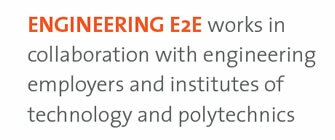 |
 |
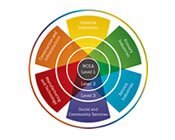 |
||
 |
||||
 |
||||
 |






